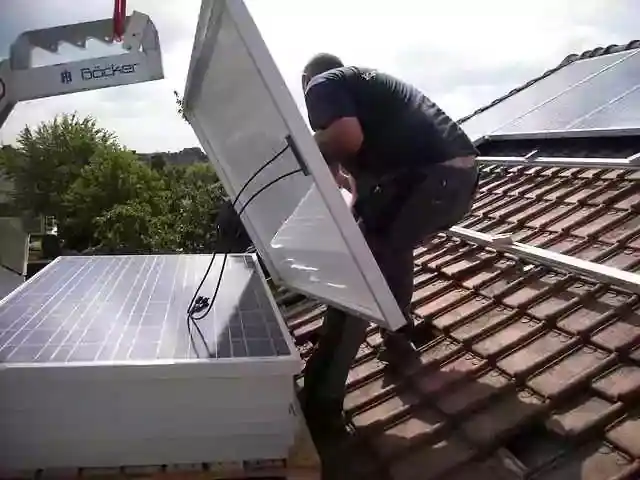Home Energy Grants Assistance To Replace Old Roof and Windows- Free Window Replacement and Free Roof Replacement Grants
The US government provides home energy grants to help homeowners cover part of the costs of weatherizing their homes or installing alternative energy technologies such as solar and wind power. Grants are available at the local, state, and federal levels.
There are also incentives and loan programs for energy-efficient appliances. These grants are usually provided to households with low to moderate income levels. Availability of the grant depends on the location of the home receiving the home improvement.
Low-Income Home Energy Assistance Program
Low-income or elderly people can apply for assistance in paying for heating and cooling costs. LIHEAP is state-administered, using funds from the federal government as well as from local utilities. Your state’s energy assistance director can provide help and information about qualifying for this home improvement grant.
Also Read- Free Roof Replacement Grants For Low-Income Families
Reasons To Replace Roofs With Roof Replacement Grants
Weatherization Assistance Program (WAP)
This program is managed by state governments, and its implementation varies by state. In general, eligibility for the Weatherization Assistance Program depends on your income level.
The program provides energy audits and helps pay for insulation as well as heating and cooling systems, electrical appliances, water heaters, etc., that improve your home’s energy efficiency. The government sets a limit on the amount. The average amount spent in a single household is about $6,500.
Energy Star Tax Credit
Most states offer an energy program that provides funding and home grants for residential energy efficiency. Individuals who may not qualify for weatherization assistance may be able to benefit from the Energy Star tax credit implemented by the Department of Energy.
A tax credit is given to those purchasing and installing energy-efficient products, windows, doors, roofs, water heaters, insulation, biomass stoves, etc.
Check Out- Homeowners Grants For Energy Efficient Windows and Doors
Free Roof Replacement Grants and Programs For Senior Citizens
Alternative and renewable energy systems such as solar panels, wind energy systems, solar water heaters, and the like are also eligible for a tax credit of 30% of the cost.
State and Utility Rebates and Tax Incentives
There are states and utilities that offer rebates, loans, and tax incentives for making your home more energy efficient. These programs vary widely by state. Many of these programs include funding for installing renewable and alternative energy systems in your home.
Energy Issues and the Environment
Energy consumption is directly related to environmental issues. When energy is conserved, carbon dioxide and other harmful emissions are reduced. This helps keep the environment cleaner.
Reducing energy consumption and costs benefits everyone. That is why the government is implementing all these home energy grants to encourage people to become more responsible citizens of the world by taking that first step towards making their homes more energy-efficient.